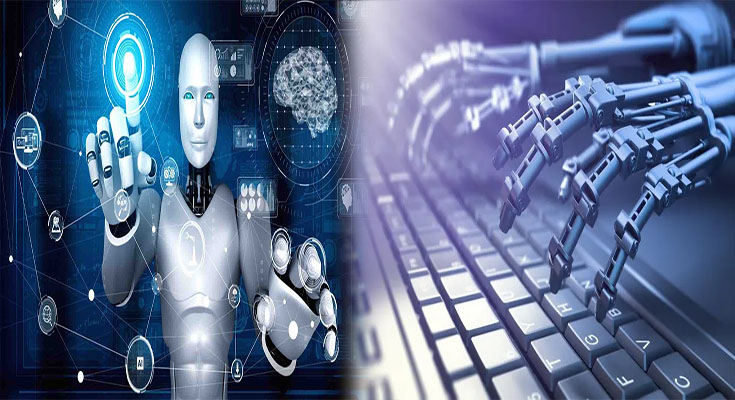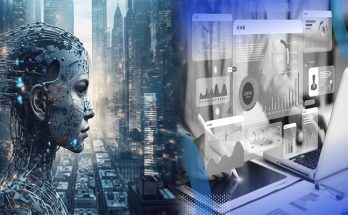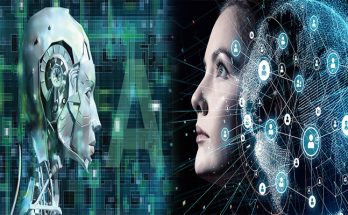Reactive machines are a prominent application of artificial intelligence that interact with their environment and respond to different stimuli without any predetermined rules. These machines utilize algorithms to adapt and learn from their surroundings, making them suitable for various industries. Let’s explore some examples of reactive machines in AI and their applications across different sectors.
1. Autonomous Vehicles in the Automotive Industry
One of the most well-known examples of reactive machines is autonomous vehicles. These vehicles use sensors and real-time data to navigate through traffic, detect obstacles, and make decisions based on the current road conditions. The automotive industry is increasingly integrating AI-driven technologies to improve road safety and enhance driving experiences.
2. Chatbots in Customer Service
Chatbots are another common example of reactive machines that use natural language processing and machine learning algorithms to simulate conversations with users. In industries such as customer service, chatbots can provide immediate responses to inquiries, handle basic troubleshooting tasks, and improve overall customer satisfaction.
3. Industrial Robots in Manufacturing
In the manufacturing sector, reactive machines in the form of industrial robots are revolutionizing production processes. These robots can adapt to changing work environments, collaborate with human workers, and perform complex tasks with high precision and efficiency. As a result, manufacturers can streamline operations, increase productivity, and reduce costs.
4. Personalized Recommendations in E-Commerce
Reactive machines play a crucial role in e-commerce by providing personalized product recommendations to customers. By analyzing user behavior, preferences, and purchase history, these systems can suggest relevant items, improve conversion rates, and enhance the overall shopping experience. Retailers leverage AI-powered recommendation engines to boost sales and build customer loyalty.
5. Health Monitoring Systems in Healthcare
In the healthcare industry, reactive machines are used in health monitoring systems to track patients’ vital signs, detect anomalies, and alert medical professionals in real-time. These AI-driven systems help improve patient outcomes, optimize treatment plans, and enhance the quality of care provided to individuals with chronic conditions.
Reactive machines in AI offer significant benefits across various industries, from automotive and manufacturing to customer service and healthcare. By leveraging advanced algorithms and real-time data processing capabilities, these machines enable organizations to achieve greater efficiency, accuracy, and innovation in their operations. As technology continues to evolve, the applications of reactive machines are poised to transform industries and drive future advancements in artificial intelligence.





